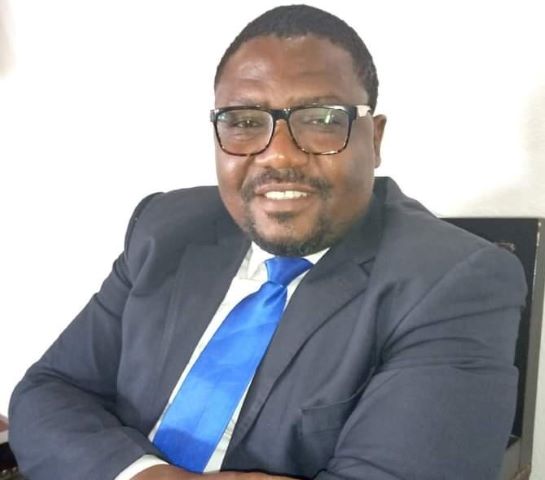PHOTO: The Author
By George Sarwah Stewart
The business side of the media in its entirety has been challenging and threatening as far as sustainability is concerned. Many studies have pointed out the poor state of the media economy in Liberia, worsened by COVID-19.
Advertisements or commercials, as traditional media lifeblood, have failed significantly due to several factors, including the broad-based advantage of social media and the tight national economy. Media managers struggle daily to uphold the tenants of independent reporting, at the same time, to satisfy the business nature of the media. They do have daunting task, but “heavy is the head that wears the crown”, Shakespeare would say.
With the second post-war presidential elections that feature an incumbent underway in 15 months, the media like all relevant sectors to these elections should be assessing their capacity for independent coverage. Do media entities have the moral and logistical capacity to play independent reporting role in such elections, previewed competitive between “fragmented opposition and ambitious incumbent government”?
Already Liberia experiences a swelling media climate, challenged by increasing political ownership and influence. The few independent media outlets are accessing limited resources to keep up integrity in practice. Government remains the biggest advertisers, but decide where to direct their advertisement contracts. Critical and independent outlets expect less or no contract from government. Even media outlets that receive frequent advertisement support from government suffered delayed payments. So, the ground is hard for all.

Liberian newspaper photo courtesy: Local Voices
Notably, the social media have presented a huge advertising advantage to advertisers with or without huge cost associated. Most job vacancies are placed online, using Facebook and websites. Print media advantage or readers re-reading content is even advanced on the new media. Arguably, the readership and viewership turns out higher than we can imagine in traditional media.
Considering the contemporary media environment and its associated challenges, one could assume that poverty is surmounting Journalism; thereby exposing the discipline to high attrition rate and likely ethical weaknesses. Despite the growing challenges that confront independent and viable press, Liberia’s democracy still needs the robust traditional press.
The 2023 general and presidential elections may elevate and demand the significance of independent reporting. One would argue in favor of such preposition, because pre-election activities and mindset that politicians take to elections could necessitate a non-partisan kind of Journalism that upgrade integrity in the process.
Strengthening the field of Journalism, whether at commercial and community levels, there is need for all actors in the profession to succumb themselves to reform- a paradigm shift from doing media business as usual. The media need to recognize that in addition to its mission to Journalism, they are also business organizations that need to exist within the business qualities or attributes in the context of a tough economy like ours.
As business, media houses need to have strategic projections that cover their goal, their mission, business plan including financial projections/budgeting. It is interesting to note that many media outlets, commercial or community radio, operate shooting in the dark- no vision. This does not come as an intentional condemnation to the media, but a wakeup call for reform and strategic thinking.
Thanks to Liberia’s media development partners such as Internews, USAID, the Swedish Embassy, among others. These donors are funding and guiding strategic media management and sustainability directions, but all they do is always temporary as in project. The Liberian media themselves should preserve and practice the value of strategic planning and robust marketing which go beyond rate sheet driven marketing.
Relative to 2023 Elections, Liberian politicians have demonstrated their proof of political strength by cash inducement. With no fear, many have gone on campaign tours with bags of money for voters. If cash is dished out in the open for voters, what more could you imagine may change hands for reporting favor to struggling media practitioners and entities that may be pressed and tempted to take gift for survival, even for a short while?
Media fundraising, advancing new approach to marketing, is the way out to upholding institutional and individual integrity. Payrolls are either not existing or too pintsized to sustain the workers and the quality they are required to bring to their institutions and profession.
A media business conference to begin dialogue such on crucial financial capacity issues for the purpose of improve the economic state of the Liberia media seems to be pressing and helpful to save the day. To fight corruption in government, the media need to fight poverty.

